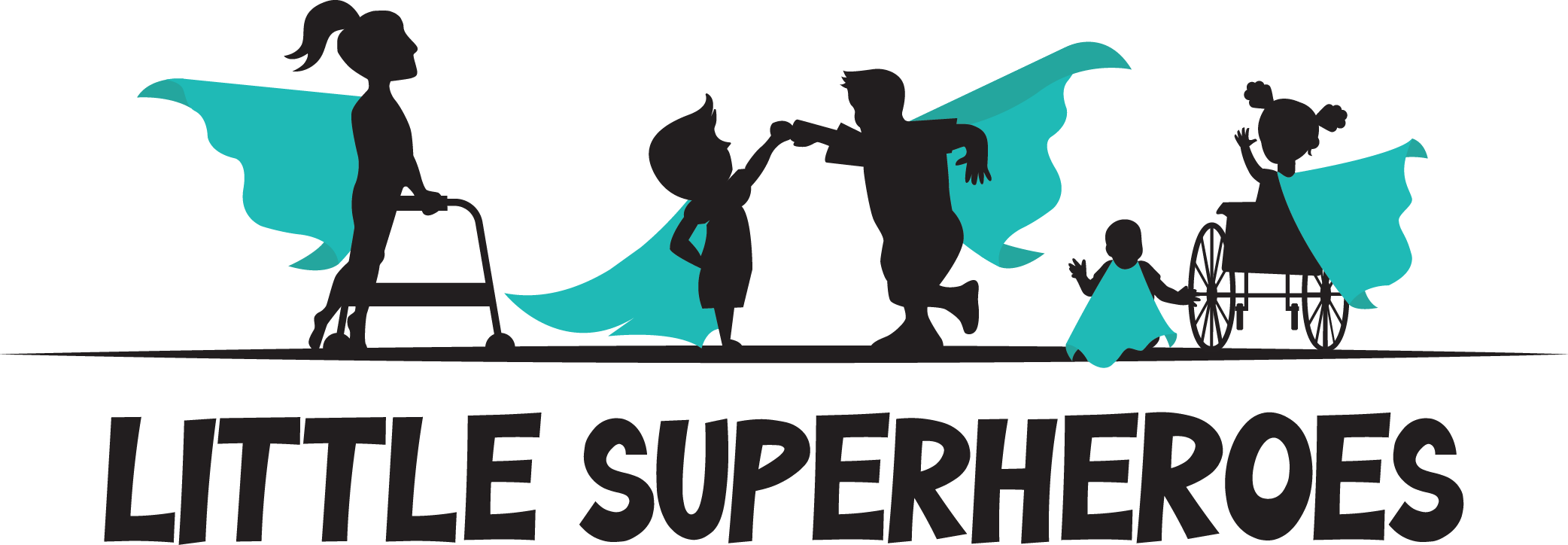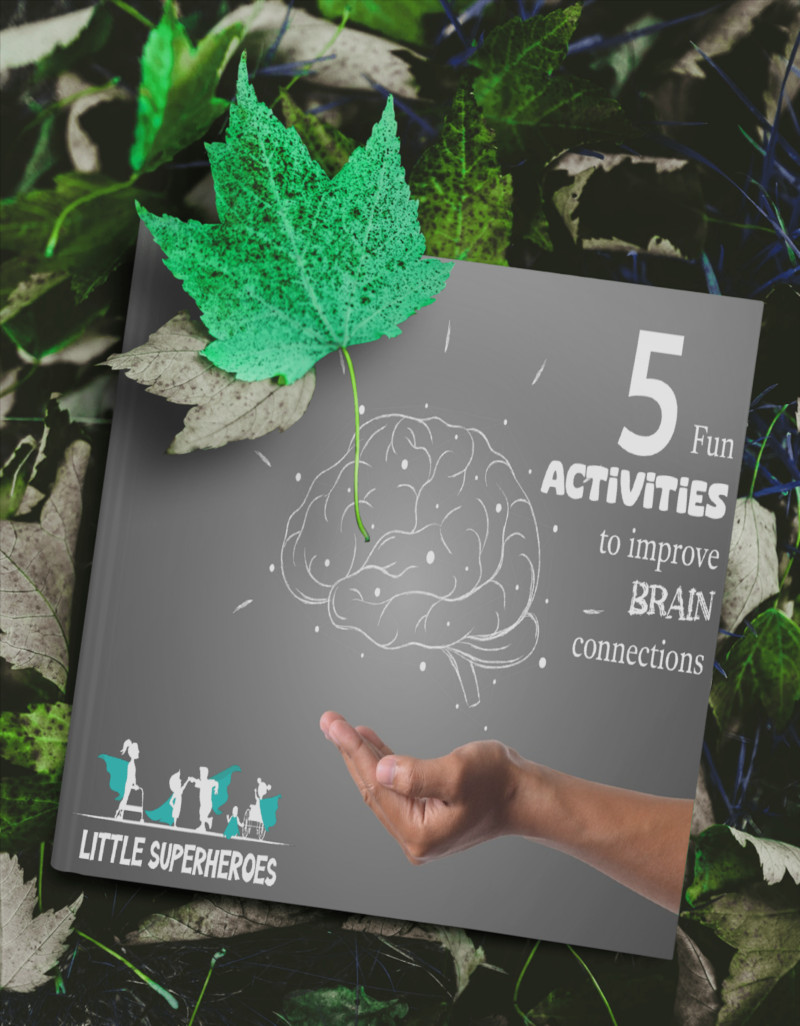School holidays are often a mix of joy and challenge, particularly for families with neurodivergent children. Without the structure of school, days can quickly spiral into chaos, leading to stress for both children and parents. However, with thoughtful planning, a bit of flexibility, and a focus on what works best for your child, the holiday season can be a time of calm, fun, and meaningful connection.
Here are practical strategies to help you navigate the school holidays while supporting your child’s unique needs.
1. Create a Flexible Routine
Neurodivergent children thrive on predictability, but rigid schedules can feel overwhelming during the holidays. Instead, aim to establish a flexible routine with key “anchors” throughout the day to provide structure without rigidity.
- Morning Start: Begin the day with a familiar, low-energy activity like coloring, reading, or quiet play.
- Midday Activity: Schedule a more engaging activity, such as a nature walk, crafting, or a sensory-friendly outing.
- Evening Wind-Down: End the day with calming activities like storytelling, relaxation music (e.g., 528 Hz frequency sounds), or quiet play.
Visual schedules can be a helpful tool. One parent I worked with used a chart with pictures of each activity, giving her child a sense of control and helping them transition more smoothly between activities.
2. Plan Sensory-Friendly Outings
Time in nature is a powerful tool for neurodivergent kids. Research shows that natural settings can reduce stress, calm overstimulation, and improve focus by releasing dopamine—a “feel-good” neurotransmitter that helps regulate mood and motivation.
Ideas for Nature Activities:
- Collect rocks, leaves, or shells.
- Enjoy simple activities like splashing in water or cloud watching.
- Try a scavenger hunt in a local park or even your backyard.
To ensure outings are manageable:
- Visit during quieter times to avoid large crowds.
- Bring sensory tools, such as noise-canceling headphones or fidget toys, to help manage overstimulation.
3. Create a Calming Space at Home
Holidays can make home life feel busier and more chaotic, which may overwhelm your child. Setting up a dedicated calming space provides a retreat for sensory breaks, helping to prevent meltdowns and promote emotional regulation.
How to Set Up a Calming Space:
- Choose a quiet corner with softer lighting.
- Add soothing items like a weighted blanket, sensory toys, or noise-canceling headphones.
- Include simple activities like puzzles, coloring books, or favorite calming toys.
One family I worked with turned a corner of their living room into a sensory nook using a small tent, fairy lights, soft pillows, and an essential oil diffuser. This space became their child’s go-to spot during overwhelming moments, offering both comfort and security.
4. Incorporate Daily Movement
Physical activity is vital for neurodivergent children, helping to regulate sensory input, improve mood, and release energy. Movement also triggers the release of brain chemicals like dopamine and serotonin, which support focus and emotional balance.
Fun Movement Ideas:
- Create an indoor obstacle course using cushions, chairs, and toys.
- Host a family dance-off with your child’s favorite songs.
- Take nature walks and include a scavenger hunt to make it interactive.
Let your child choose the activity when possible—giving them a sense of control makes them more motivated to participate.
5. Plan Downtime
While it’s tempting to pack the holidays with activities, neurodivergent children often need more downtime to decompress. Allowing unstructured time helps them recharge, boosts creativity, and promotes self-regulation.
How to Build in Downtime:
- Set aside parts of the day with no planned activities.
- Encourage screen-free relaxation with books, independent play, or quiet daydreaming.
- Try a daily “quiet hour” where everyone in the household winds down with reading, napping, or calm activities.
Final Thoughts: Creating a Calm, Joyful Holiday
With a little planning and understanding, you can transform school holidays into a joyful, enriching time for your neurodivergent child. From flexible routines and sensory-friendly outings to calming spaces and regular movement, these strategies create an environment where your child feels secure, engaged, and calm.
What are your plans for a calm and meaningful holiday season with your child? I’d love to hear your ideas—share them in the comments or send me a message.
And if you need personal guidance or support for holiday planning with your neurodivergent child, reach out to Little Superheroes. We’re here to help your family create positive and lasting experiences.
Wishing you a joyful holiday season filled with connection, growth, and calm. You’ve got this!
















